
4.7
607 Reviews
Flooring Arizona since 1945!
4.7/5

600+ Reviews

Professional Installation

Educated Consultants

AZ's Largest Flooring Retailer

4.7
607 Reviews
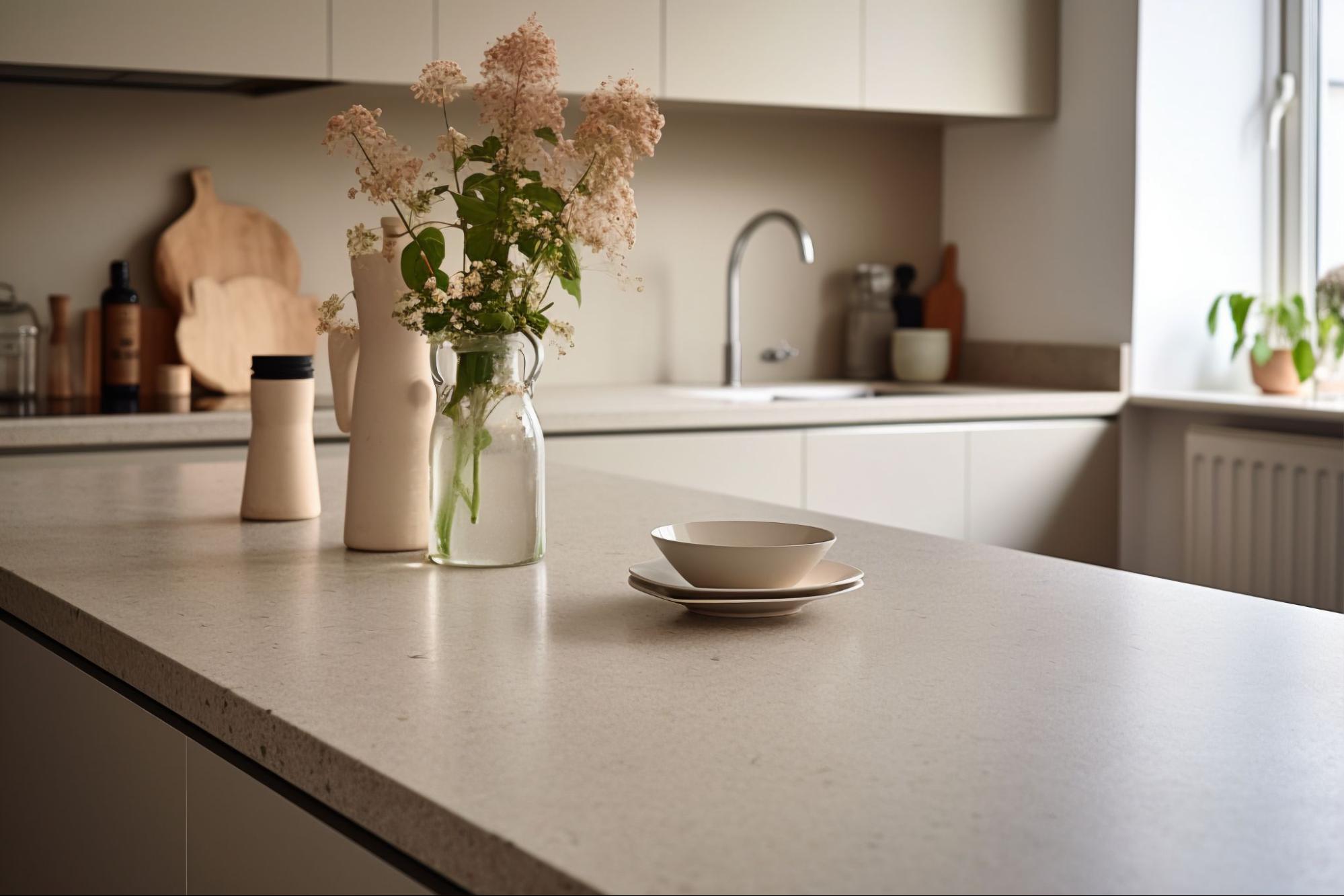
The kitchen island has evolved into a key centerpiece of modern kitchens. Not only is it a functional space for cooking and entertaining, but it also serves as a design focal point that brings the whole room together.
When choosing a kitchen island countertop, it's important to balance style, function, and durability. Each material offers different advantages, depending on how you use your kitchen and your aesthetic preferences. In this blog, we will take a look at the best kitchen island countertop materials and what makes each one unique. Let’s explore the different types of countertops, shall we?
Choosing the right material depends on your lifestyle, budget, and desired kitchen aesthetic. Visit Baker Bros for expert advice and to explore premium countertop options for your kitchen island.
Choosing the perfect countertop for your kitchen island involves several factors. Here are the most important things to keep in mind:
Here’s a look at the best materials to consider for your kitchen island:
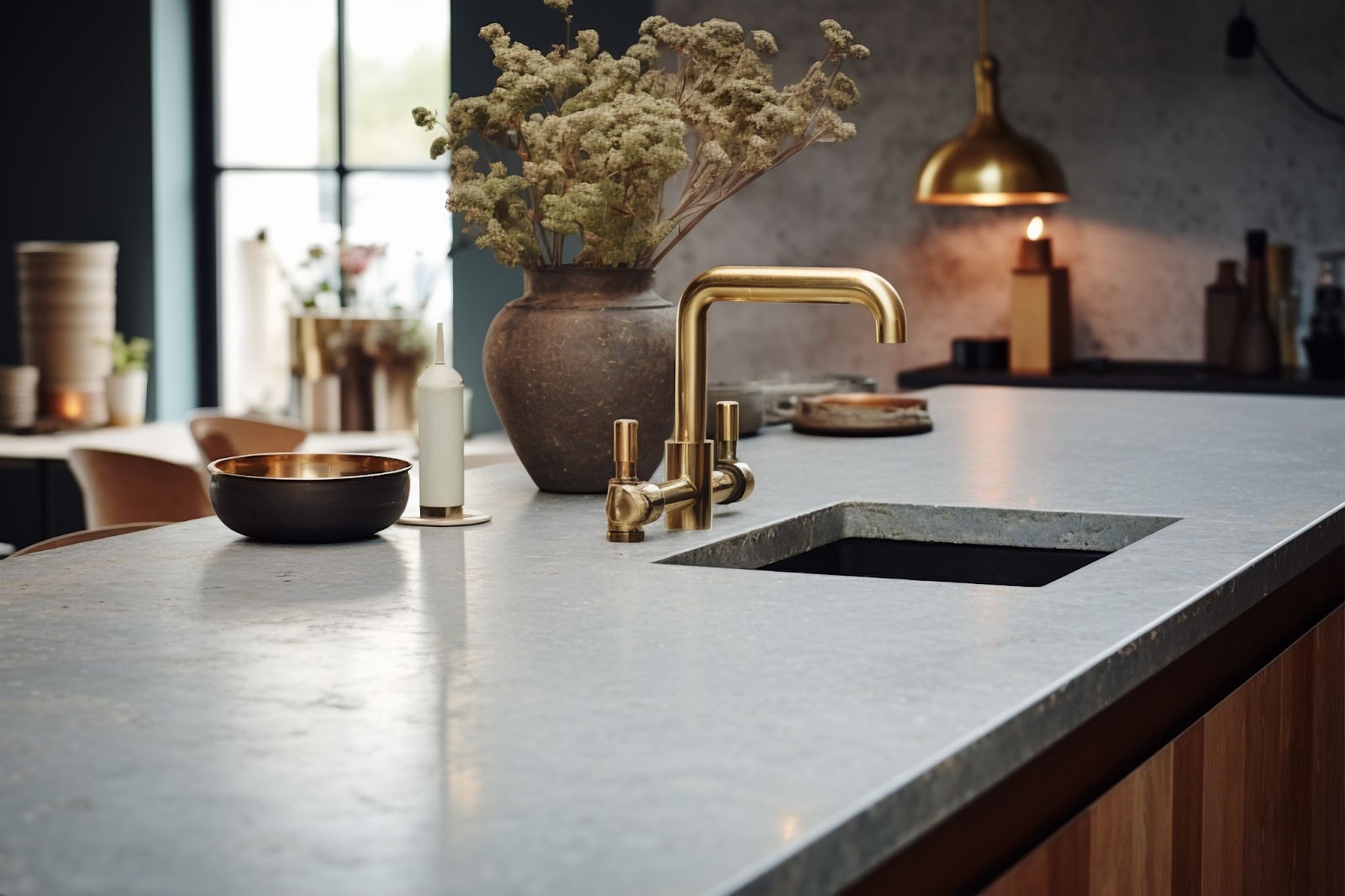
Pros: Quartz countertops are non-porous, making them resistant to stains and bacteria. They require minimal maintenance, and their colors and patterns are consistent.
Style Appeal: Quartz offers a sleek, modern look, available in a wide variety of colors and patterns to complement any kitchen design.
Best For: Households with high traffic who need a combination of beauty and ease. Perfect for those seeking a modern, low-maintenance option.
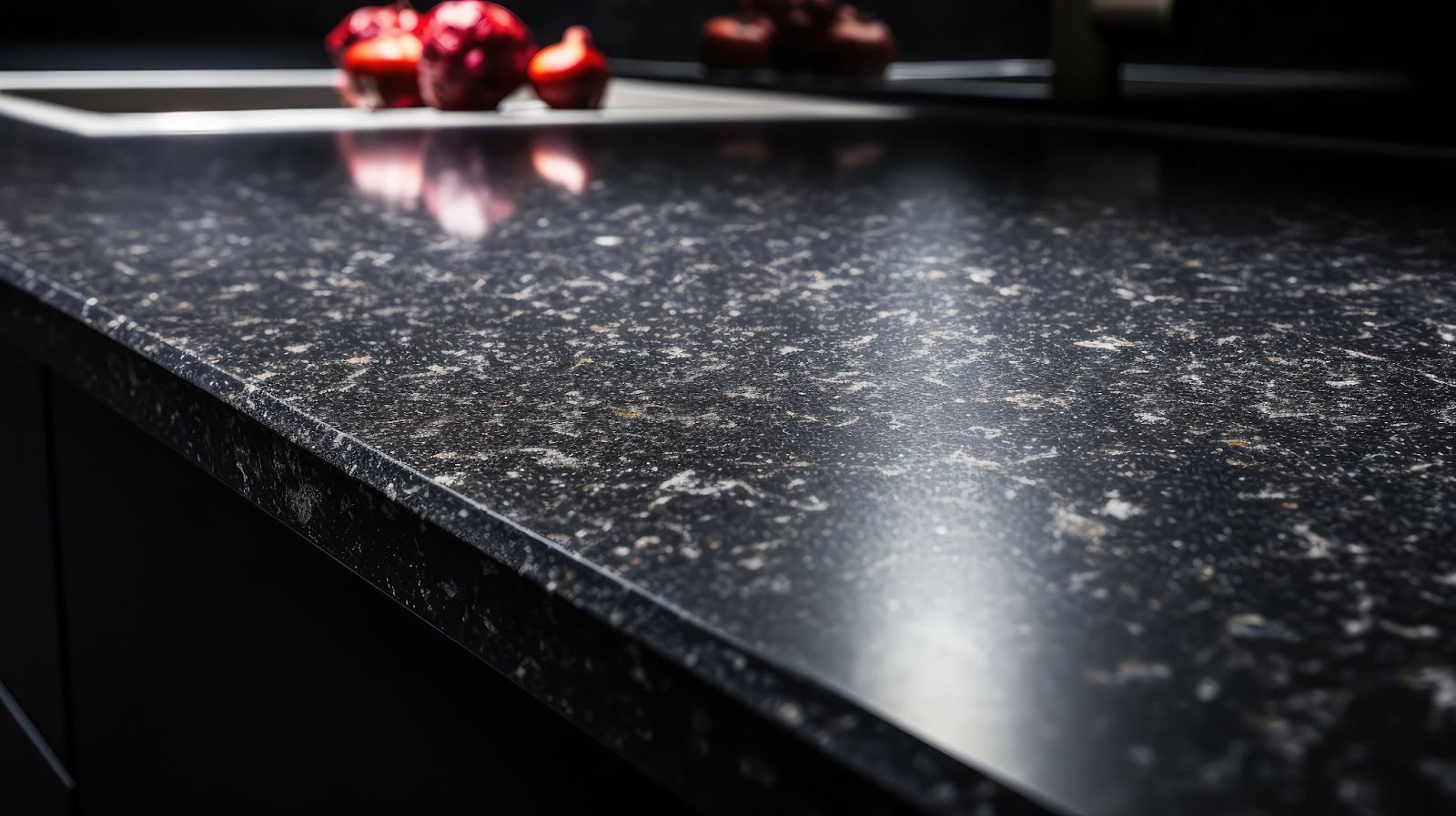
Pros: Granite countertops are known for their natural beauty and resistance to heat and scratches. The unique veining in granite makes each piece one-of-a-kind.
Style Appeal: Granite provides a high-end, luxurious look with unique patterns and textures that enhance the beauty of your kitchen.
Best For: Homeowners looking for a statement piece. It’s ideal for those who appreciate natural textures and unique patterns.
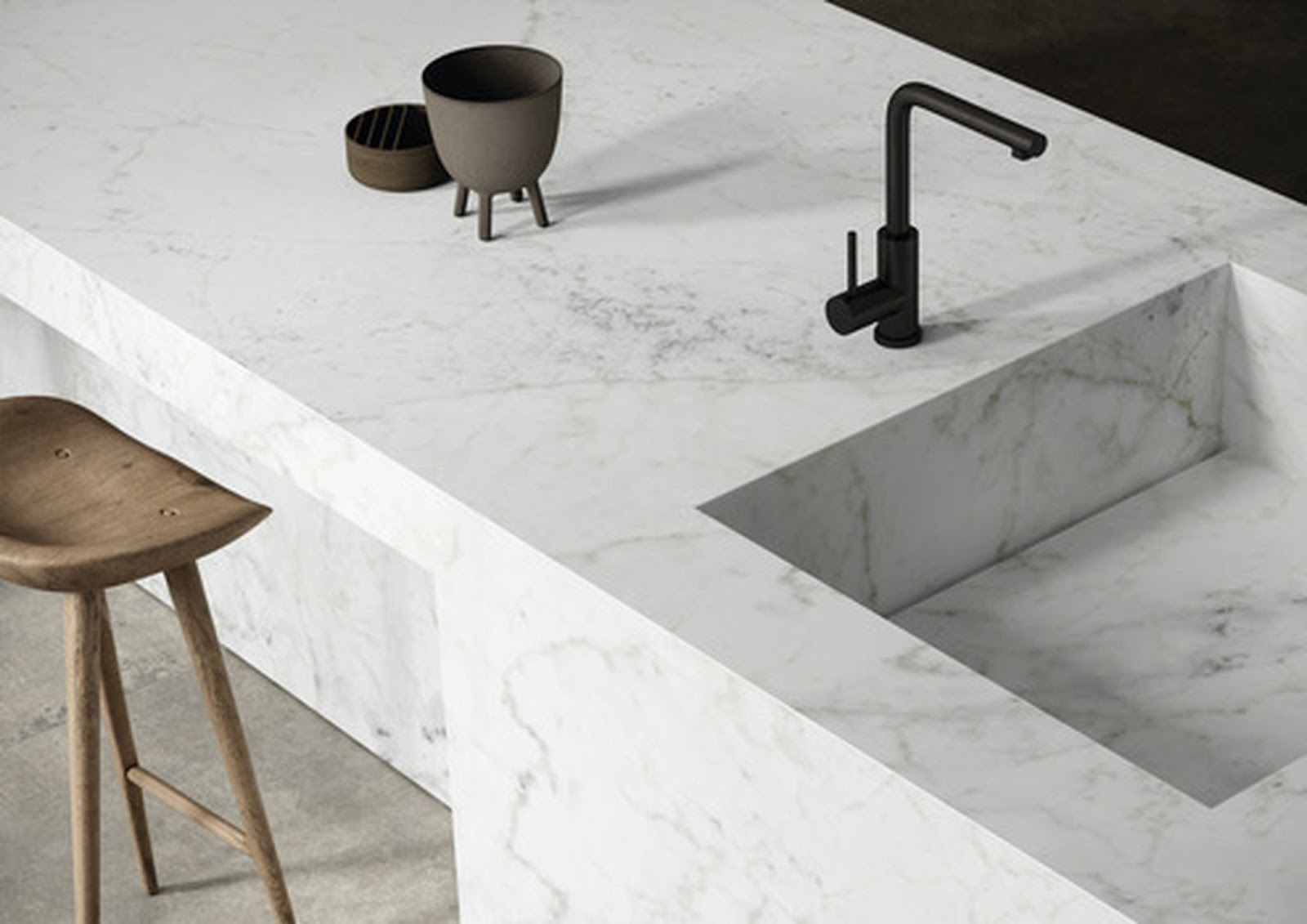
Pros: Marble countertops exude timeless elegance and are ideal for baking, as they remain cool. However, marble requires regular maintenance and sealing to avoid staining or etching.
Style Appeal: Marble offers a sophisticated and luxurious appearance, making it a favorite for those who want a high-end, classic aesthetic.
Best For: Design purists or entertainers who want a beautiful, luxurious surface for their kitchen island. Ideal for those who love the look of marble and are willing to maintain it.
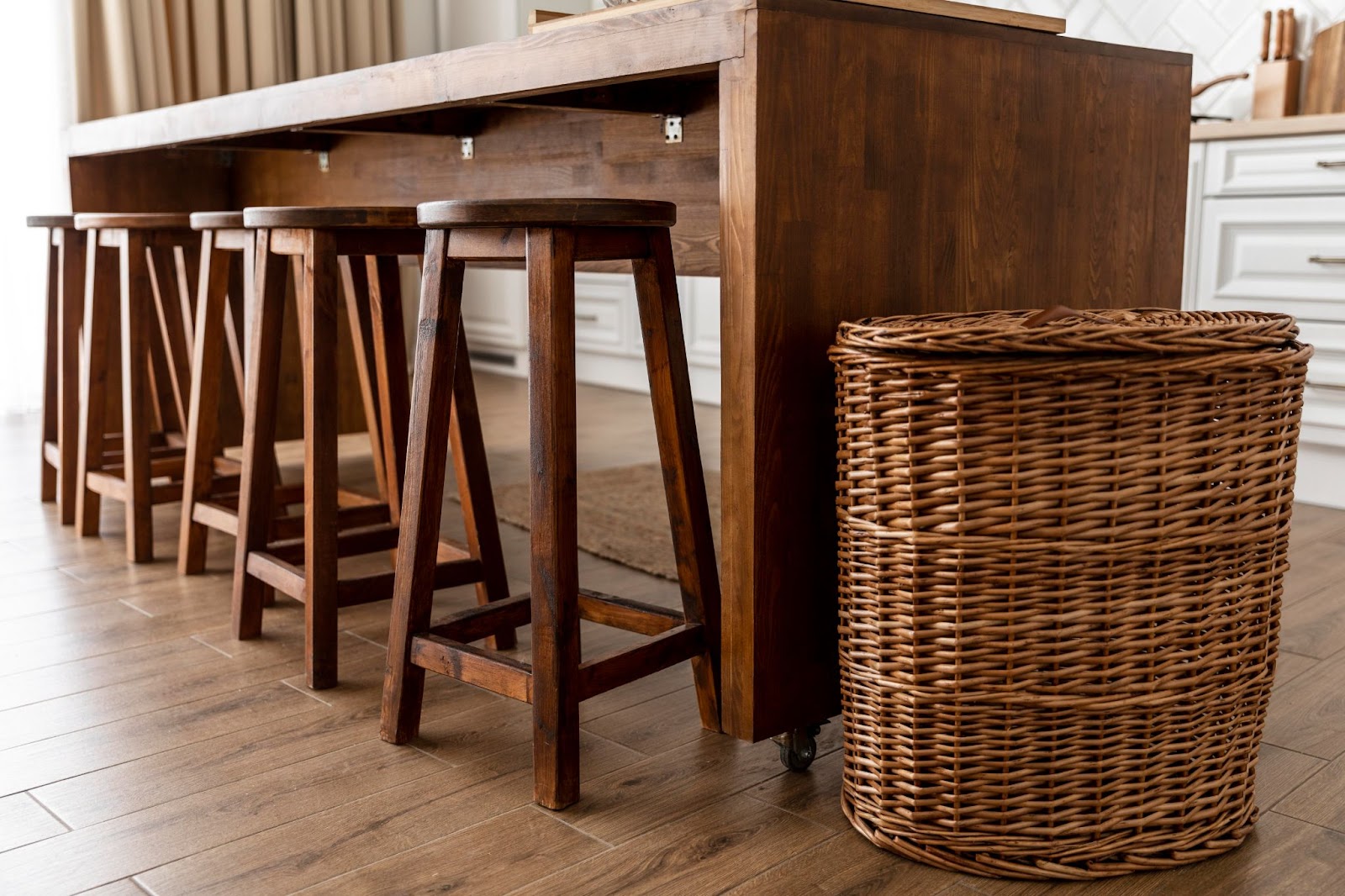
Pros: Butcher block countertops are warm and organic in feel. They’re easy to refinish, which makes them a great option if you want a fresh look over time.
Style Appeal: It’s perfect for a cozy, rustic, or farmhouse kitchen design, adding warmth and character to your space.
Best For: Low-traffic kitchens or those with a mixed-material design. Butcher block is great for homeowners seeking a natural, homey aesthetic.
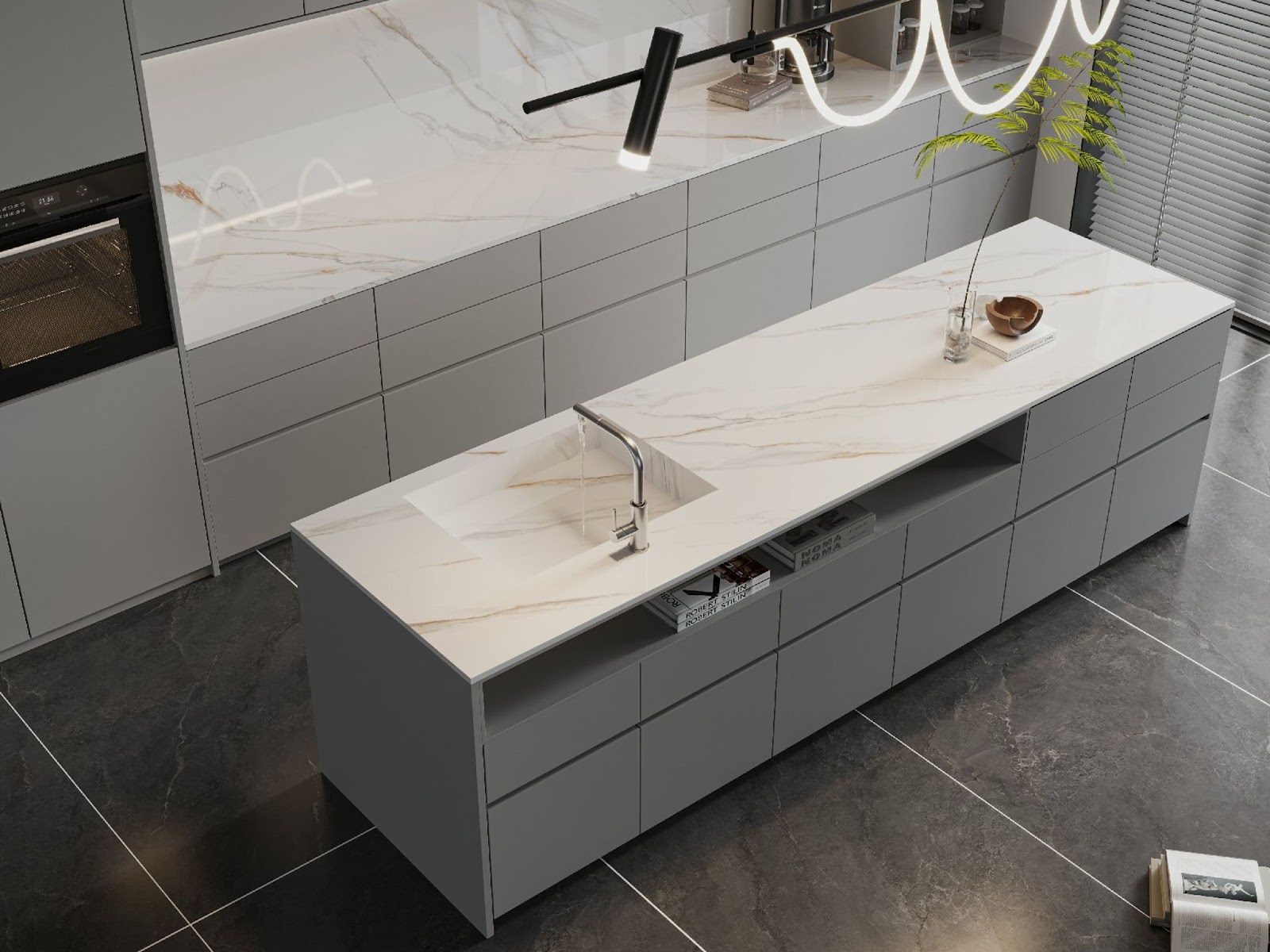
Pros: Porcelain countertops are incredibly durable, resistant to heat, stains, and bacteria. They are also very low maintenance.
Style Appeal: These countertops have a sleek, minimalist look and can mimic materials like marble or concrete, offering endless design possibilities.
Best For: Sleek, modern kitchens or those that feature waterfall island designs. It’s the go-to material for anyone seeking a clean, minimalist aesthetic.
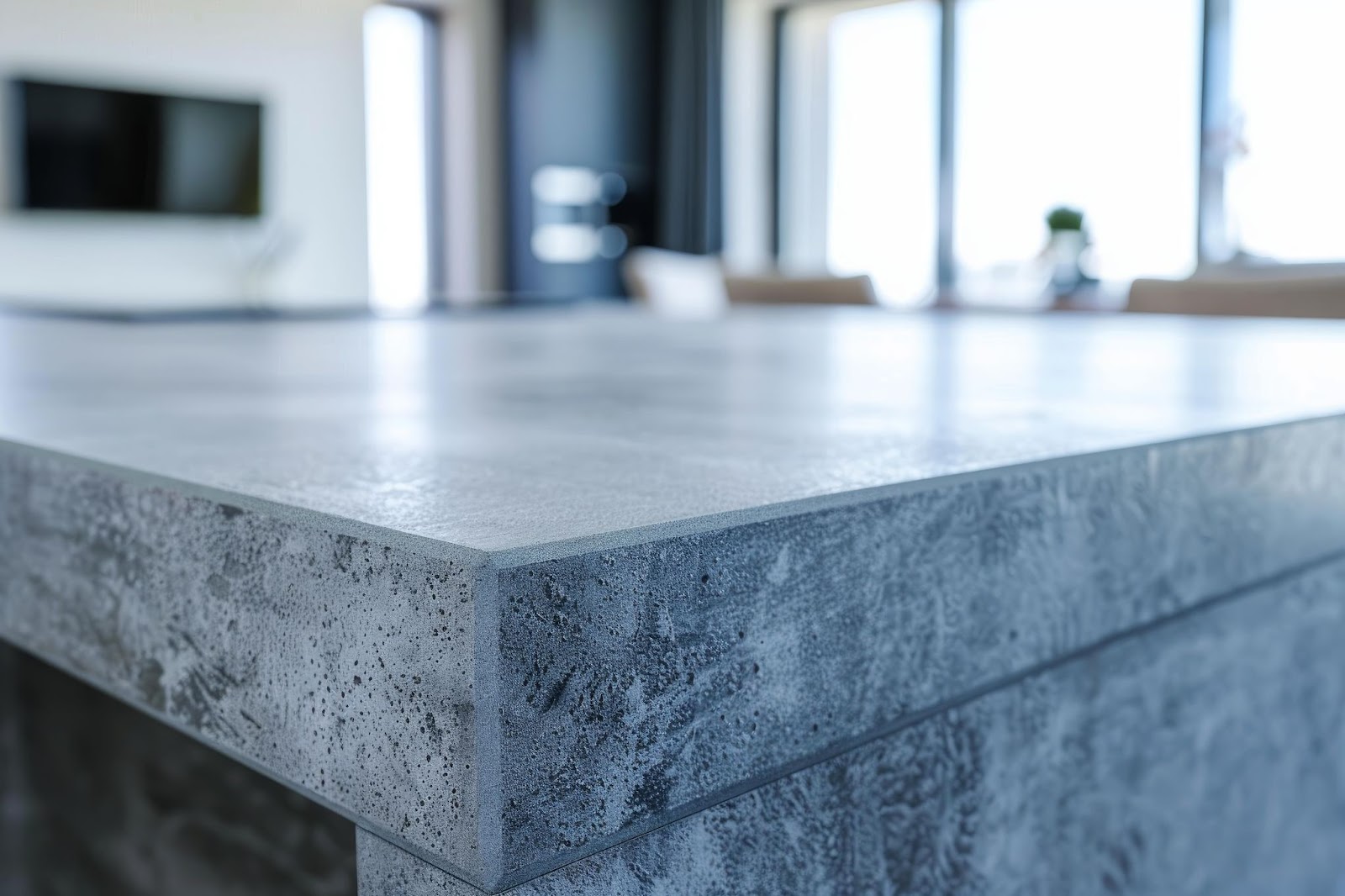
Pros: Concrete countertops offer customizable shapes, textures, and colors. They can give your kitchen a distinctive, industrial vibe.
Style Appeal: Perfect for modern or industrial spaces, concrete countertops add a bold, architectural edge to your kitchen design.
Best For: Homeowners looking for a customizable countertop that makes a design statement. It works well in modern, edgy spaces.
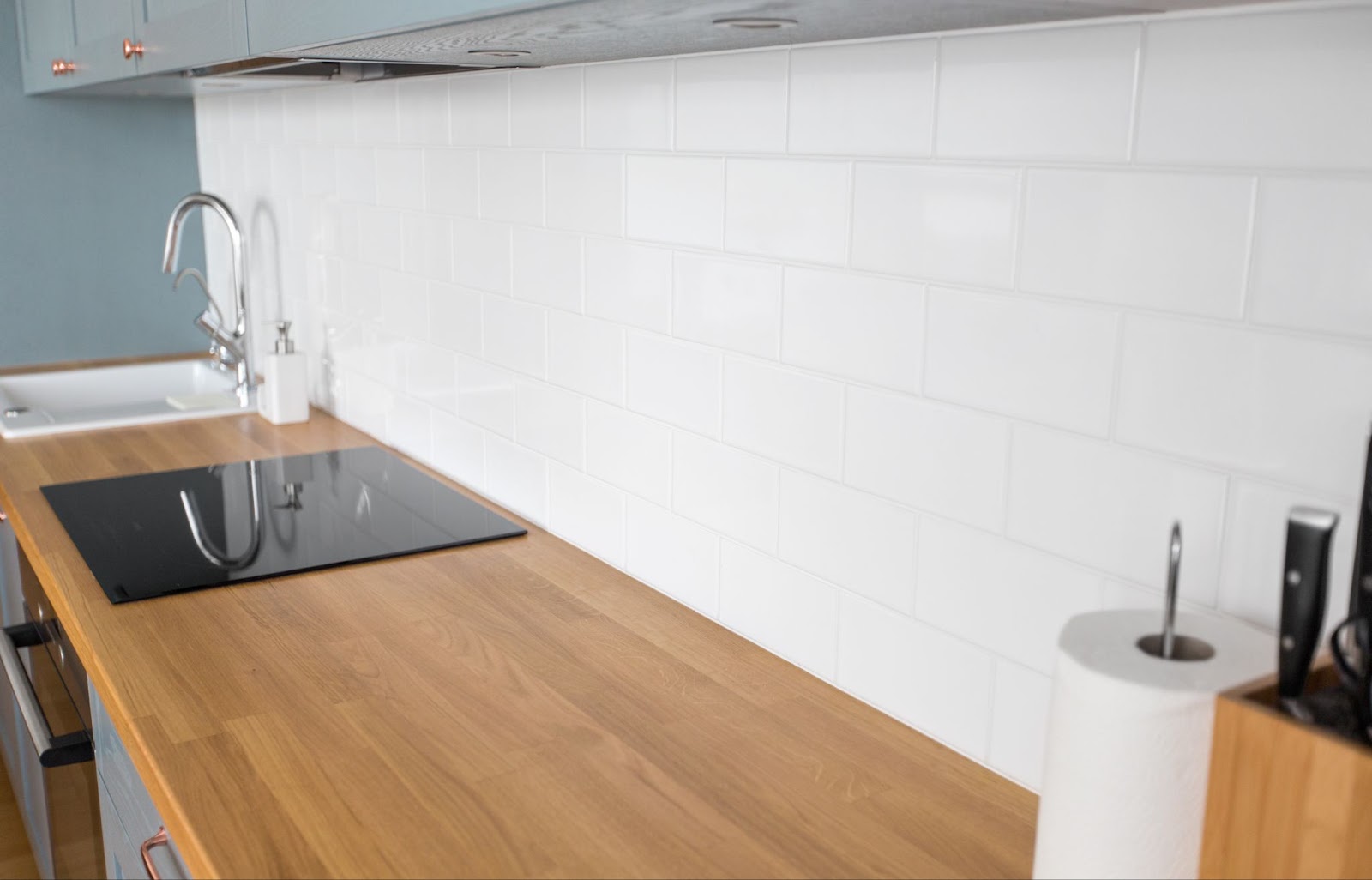
Pros: Laminate countertops are budget-friendly and come in a wide variety of colors and styles. It’s an affordable choice for a countertop makeover.
Considerations: Laminate is less durable compared to natural stones and may have a shorter lifespan.
Best For: Those on a budget or looking for an entry-level remodel option. It’s also great for rental properties where longevity isn’t a top priority.
One of the most popular trends in kitchen design is mixing materials. Using a different material for the kitchen island than for the rest of the counters can create a striking visual contrast. For example, you can opt for classic white quartz on your perimeter counters and then choose butcher block for your island to add warmth and character.
Mixing materials can also enhance the functionality of your kitchen. A durable, easy-to-clean countertop like quartz can be used for the perimeter, while a more aesthetic option like marble can shine on the island. This way, each surface serves its purpose effectively, while still contributing to a unified design.
Is quartz better than granite for kitchen islands?
Quartz is non-porous, making it more resistant to stains and easier to maintain, while granite offers a natural look with unique patterns. The choice depends on your preference for maintenance and aesthetics.
Can I mix countertop materials in my kitchen?
Yes! Mixing materials like marble for the island and quartz for the rest of the kitchen is a popular choice. It adds depth and style to your design.
Which kitchen countertop is the most durable?
Granite and quartz are both highly durable and resistant to heat and scratches. If you’re looking for minimal maintenance, quartz may be a better option.
Ultimately, the best kitchen island countertop material depends on your lifestyle, budget, and design preferences. If you want a low-maintenance and stylish option, quartz is a great choice. If you prefer something unique and natural, granite or marble might be the way to go. And for a warm, rustic feel, butcher block delivers a cozy touch.
Need help choosing the right countertop for your kitchen island? Visit a Baker Bros showroom or book a design consultation today to explore our curated collection of premium countertop materials and find the perfect match for your home.
Stay informed, get inspired, and be the first to know about promotions – subscribe now!
By subscribing, you agree to our Privacy Policy.